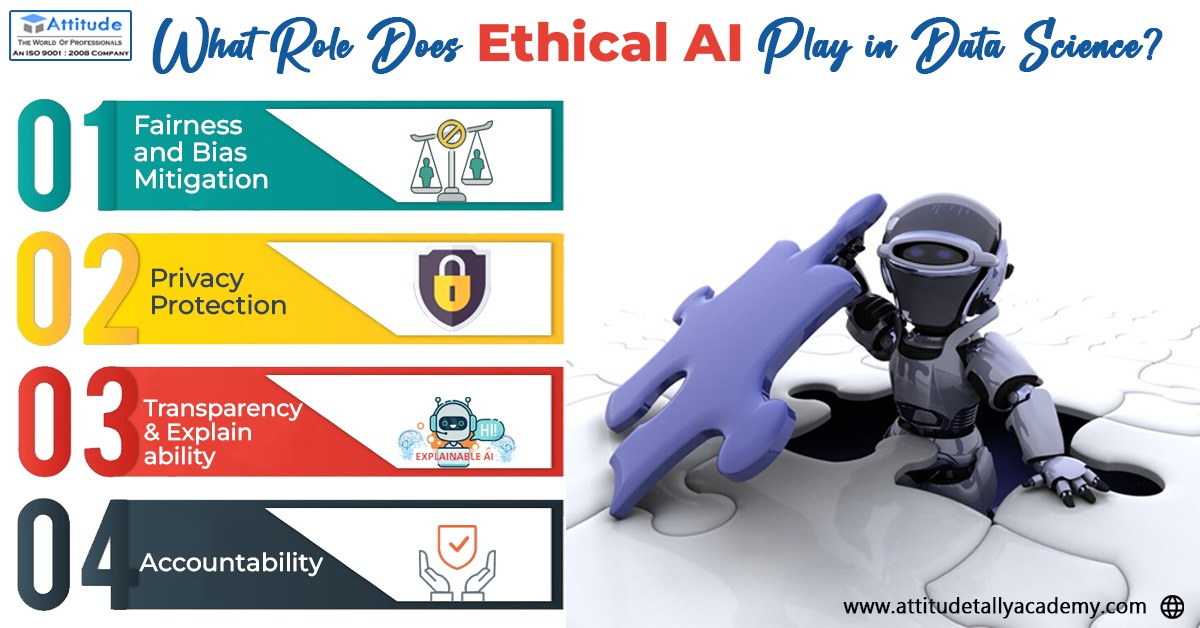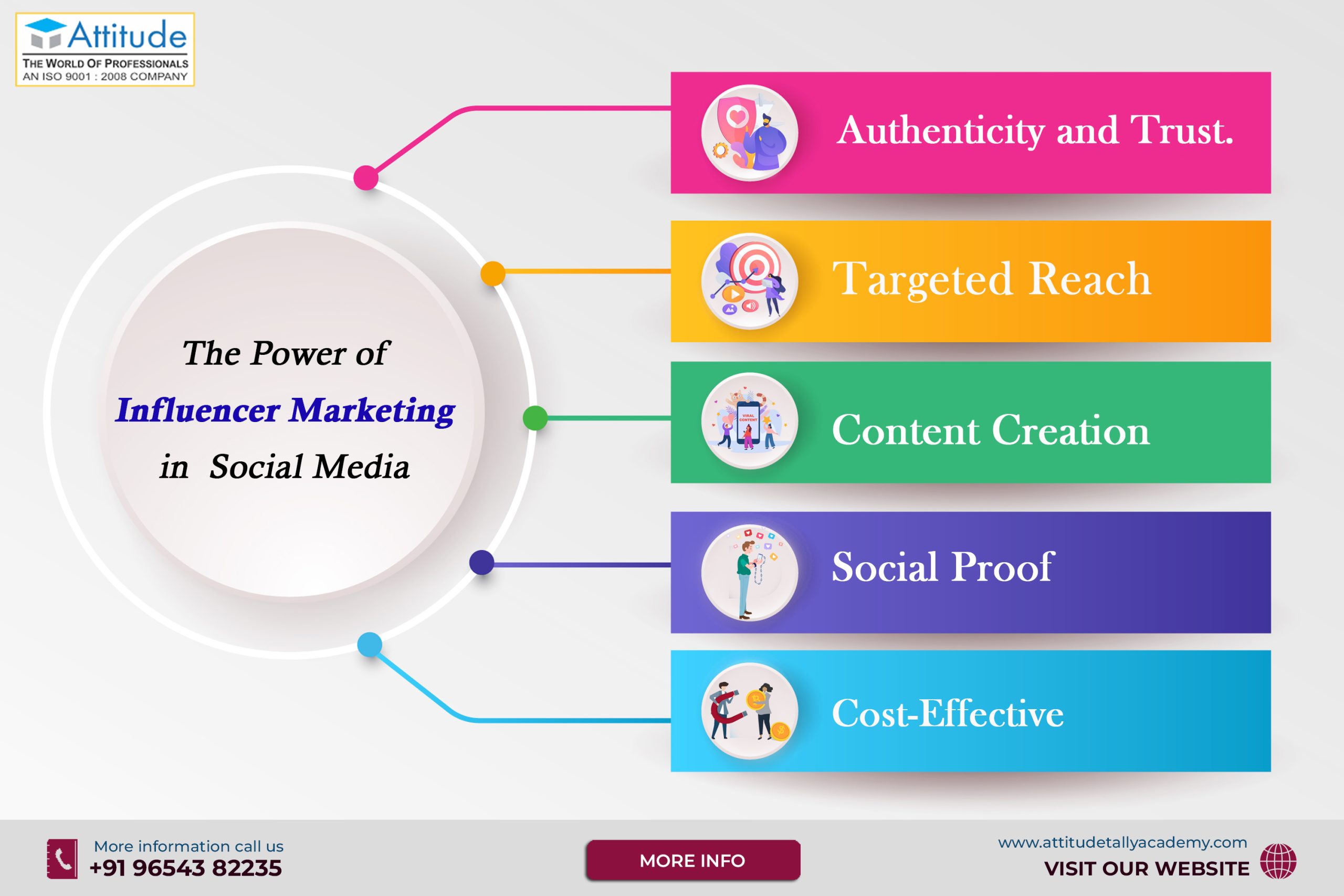Introduction
In today’s data-driven world, the field of data science has become increasingly influential, with businesses and organizations relying on data to make critical decisions. However, the ethical implications of data science practices have gained significant attention in recent years. One of the key drivers behind ensuring ethical data science is the integration of Ethical AI. In this blog, we will explore the vital role ethical AI plays in data science and the implications for both professionals in the field and society as a whole.
Understanding Data Science
Data science is the interdisciplinary field that encompasses the processes of data collection, preparation, analysis, and interpretation. It utilizes various techniques and technologies, including machine learning and artificial intelligence, to extract valuable insights from data. The data-driven decisions made by businesses can have profound impacts on people’s lives and society as a whole.
The Ethical Challenges in Data Science
As data science has evolved, ethical challenges have arisen due to the potential for bias, discrimination, and misuse of data. Here are some of the key ethical challenges:
Bias and Fairness: Biased data or algorithms can lead to discriminatory outcomes, affecting individuals or groups unfairly. This bias can be unintentional and may arise from the data used for training AI models.
Privacy Concerns: The collection and analysis of personal data raise concerns about privacy. Unauthorized data access or misuse can result in severe breaches of privacy.
Transparency: Many AI models are often viewed as black boxes, making it challenging to understand the reasoning behind their decisions. This lack of transparency can lead to mistrust.
Accountability: Determining responsibility for AI decisions can be difficult, especially when things go wrong. This lack of accountability raises important questions about liability.
The Role of Ethical AI in Data Science
Ethical AI plays a crucial role in mitigating the ethical challenges in data science. Here’s how:
Fairness and Bias Mitigation: Ethical AI includes fairness-aware algorithms and techniques that help in identifying and mitigating bias in data and models. These tools aim to ensure that AI systems make fair and unbiased decisions.
Privacy Protection: Ethical AI emphasizes data anonymization, encryption, and strict access controls to protect the privacy of individuals. It also encourages organizations to follow best practices in data handling.
Transparency and Explain ability: Ethical AI promotes the development of transparent AI models, which can explain their decision-making processes. This enables data scientists and users to understand why a particular decision was made.
Accountability: Ethical AI frameworks encourage organizations to establish clear lines of accountability for their AI systems. This helps in addressing issues and holding individuals or entities responsible when things go wrong.
The Benefits of Ethical AI in Data Science
Improved Decision-Making: Ethical AI promotes fair and unbiased decision-making, ensuring that data-driven insights benefit everyone in society.
Increased Trust: By being transparent and accountable, organizations can build trust with their customers and the public, leading to stronger relationships and a positive reputation.
Compliance with Regulations: Ethical AI helps organizations comply with data protection and privacy regulations, reducing the risk of legal issues and fines.
Innovation and Advancement: Ethical AI can lead to more responsible and sustainable technological innovation, ensuring that AI continues to benefit society without causing harm.
Conclusion
In the world of data science, ethical considerations have become paramount. Ethical AI plays a pivotal role in addressing the challenges and concerns that arise when harnessing the power of data. By promoting fairness, transparency, privacy protection, and accountability, ethical AI empowers data scientists to make ethical decisions and contribute to a more responsible and trustworthy data-driven future. As data science continues to evolve, integrating ethical AI principles is not just an option but a necessity for a better, more ethical, and responsible data-driven world.
Suggested Link:
Power BI Training Big Data With Hadoop MIS Reporting With VBA Advanced MS – Excel




